LIFE
5 Things That Are No Longer Worth Buying
Published
2 months agoon

Shutterstock
Amid inflation sweeping through the U.S. economy, Americans find themselves grappling with the financial strain caused by escalating prices across the board. From groceries to daily essentials, Inflated costs have begun to erode the perceived value of longstanding comfort and go-to products. A growing sentiment among consumers is questioning the worthiness of these once reliable staples in their daily lives.
Cable Television

Shutterstock
The escalating costs of traditional cable services have reached a point where justifying the expenses becomes increasingly challenging, especially considering the surge in popularity and affordability of streaming services. As viewers seek more cost-effective alternatives, the value of conventional cable is diminishing, prompting a reassessment of its relevance in the age of on-demand streaming.
Fast Food

Shutterstock
Once a reliable choice for a quick and budget-friendly meal, the allure of fast food has waned with the disappearance of dollar value menus and noticeable price increases. The shift brings fast food prices closer to those of upscale restaurants, accompanied by concerns about diminishing portion sizes and food quality. This transformation in the fast-food landscape is reshaping consumer perceptions of its affordability and convenience.
Farmers Market
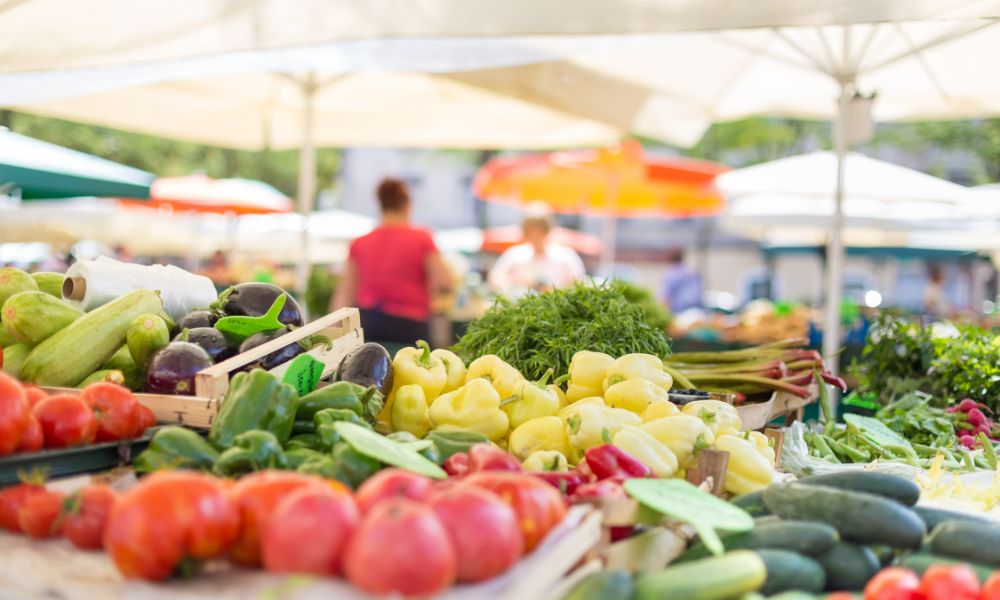
Shutterstock
Traditionally known for providing fresh, locally sourced produce at reasonable rates, farmers’ markets are grappling with the consequences of their own success. The increasing popularity of these markets has led to elevated pricing that often surpasses grocery store costs, challenging the perception of farmers’ markets as budget-friendly alternatives.
Thrifting
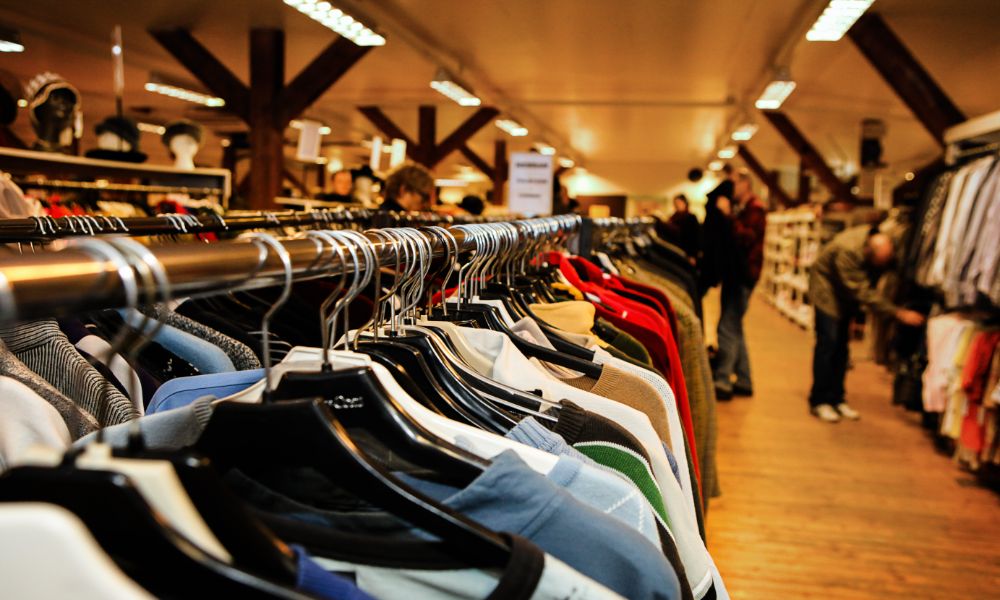
Shutterstock
The once-charming world of thrift stores, where hidden treasures could be found at budget-friendly rates, is undergoing a transformation. The rise of online thrift reselling has led to increased prices and reduced availability of unique finds, altering the appeal of thrifting for cost-conscious shoppers seeking bargains.
Food Delivery

Shutterstock
The declining appeal of third-party food delivery services stems from rising costs attributed to added fees and tips, longer wait times during peak periods, and concerns about compromised food quality and temperature. As the convenience of food delivery is weighed against these drawbacks, consumers are reevaluating its value.
Conclusion
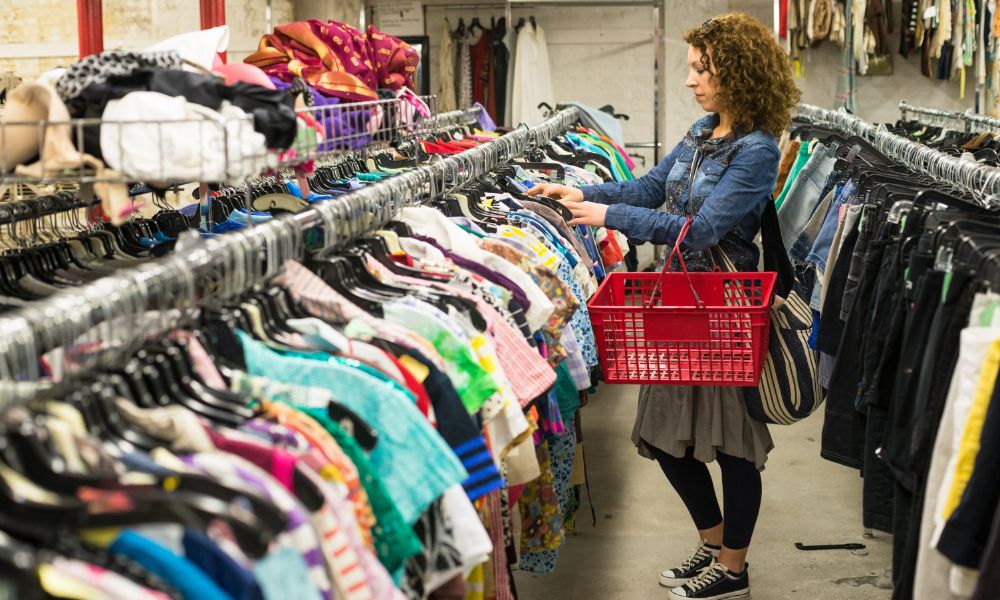
Shutterstock
The evolving landscape of consumer economics reflects a paradigm shift in the perceived value of once-reliable staples. From cable television to fast food, and even the cherished experience of attending live concerts, the rising costs have prompted individuals to reevaluate the worthiness of their expenditures. As these realities reshape consumer behaviors, the pursuit of affordability and value has become a central theme, challenging traditional notions of convenience and forcing a reconsideration of what is truly worth the price in today’s ever-changing economy.
Related Topics:

More Money + Investing
-


Oil markets haven’t yet priced in a recession, according to…
-


Bitcoin creator Craig Wright: I’m suing crypto exchanges Coinbase and…
-
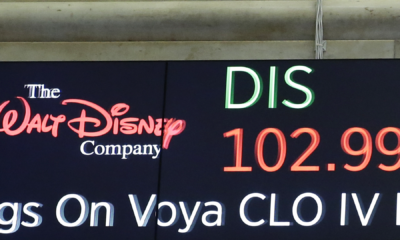

Disney Shares Drop On Forecast Of Slower Growth
-
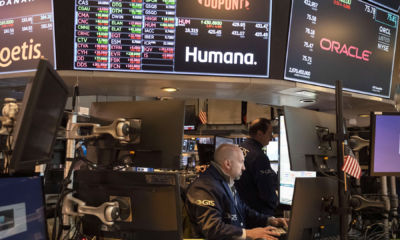

Investors reduce their equity exposure
-
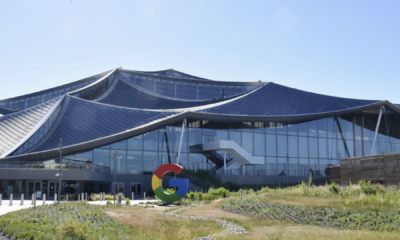

Alphabet’s second-quarter revenue and earnings were below market expectations
-
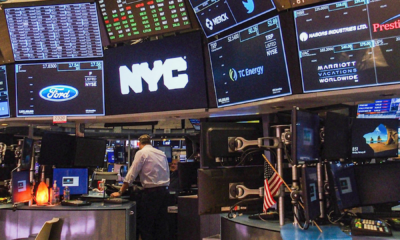

Fears of layoffs on Wall Street as banking earnings decline
-


Winning Powerball Ticket Sold In California Worth $2.04 Billion
-


9.1% is a new four-decade high for US inflation
-


Gold prices decline as dollar increases due to strong Fed…
-
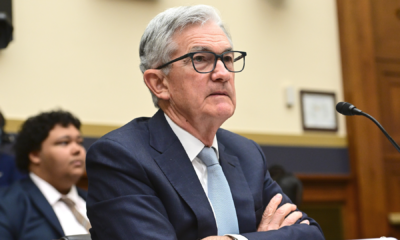

Fed creates history with second significant rate increase in two…
-


7 Scams Targeting Older People And How To Protect Your…
-
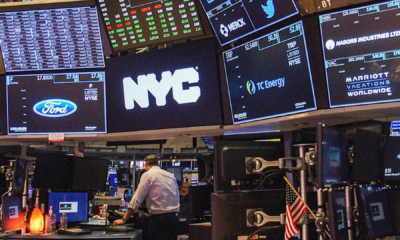

American manufacturing grows at the slowest pace in two years